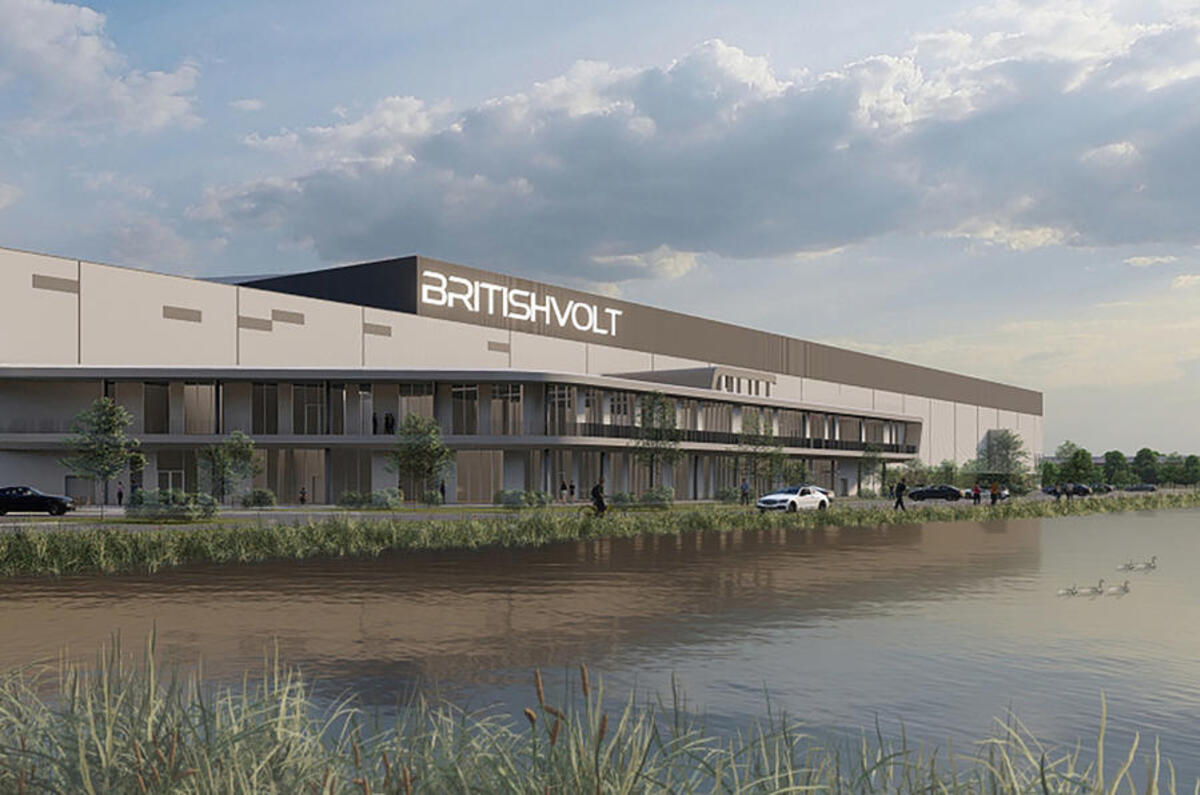Battery manufacturing start-up Britishvolt has announced a partnership with mining firm Glencore to develop a "battery recycling ecosystem".
The joint venture will open a new recycling plant by mid-2023 near Northfleet in Kent, at Glencore’s Britannia Refined Metals facility, which was once the country’s largest coal-fired power station.




Join the debate
Add your comment
Excellent strategic vision from the Britishvolt team. This will also be a huge business in the decades to come...
Yep well least Tesla are producing 000s of Cybertrucks and roadsters along with lots of other promised EV's from startups yet to launch, doesn't stop them does it
To bisy trying to keep up with demand of Model 3's, Y's and S's probably.
Good point. It's always plans...
on top of plans
on top of plans
on top of plans.
We've seen it just this week with Jaguar, Riversimple and Gordon Murray Automotive. And what about TVR, Arrival, REE etc etc etc. ??
Will there ever be a ROI ?! Will anything actually be manufactured ?!
Or are they all just out to suck as much funding out of this ludicrously gullible government?
And still hasn't produced a single battery, or shown off any ownership or license for the IP to do so.
Why do you still spread this false information, Symanski? They have produced prototypes with the technology of their UKBIC partnership and the IP is all squared-away as well.
It's not false information - They haven't produced a single battery because they don't have a production facility.
UKBIC - That's the government body who'll talk to anybody about batteries. Hopefully they'll come up with an innovation that will enable the step change in battery technology we're looking for.